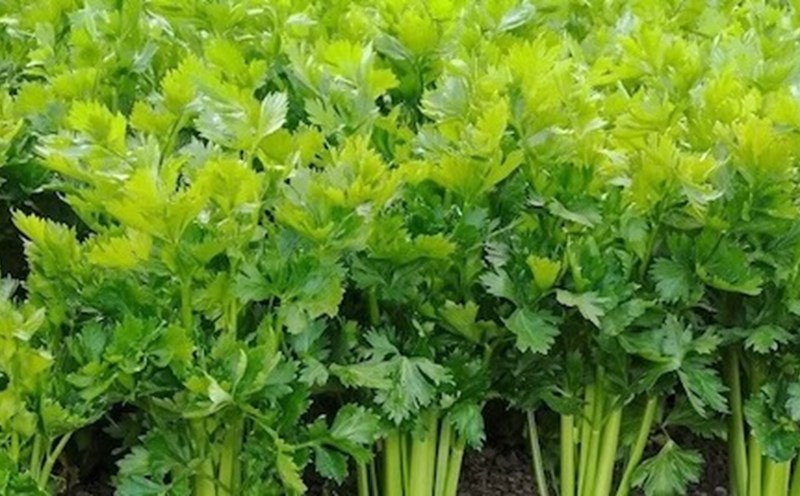Here are 4 foods to consider in your daily diet that can help detoxify the kidneys:
Berries
Berries are rich in polyphenols and antioxidants, which help reduce oxidative stress and inflammation, two mechanisms that contribute to kidney damage over time.
Clinical and general research shows that cranberry has the effect of reducing the risk of recurrent urinary tract infections, thereby reducing the inflammatory burden on the urinary tract, an indirect benefit for the kidneys.
How to use: 1 handful of fresh berries/day or 1 serving of dried without added sugar; avoid juice with high sugar. If you are running a diet and need to limit potassium, consult a nutritionist.
Beetroot or beet juice
Beetroot is rich in plant nitrates, a precursor to nitric oxide, a vascular dilator that helps lower blood pressure and improve kidney blood irrigation.
Experiments in humans show that nitrates from radishes help reduce cardiopulmonary blood pressure, an important effect because blood pressure control is key to protecting the kidneys from progressive dysfunctional decline.
How to use: Half a glass of beetroot or baked beetroot juice for breakfast, lunch several times a week. Note: juice is high in potassium, patients with chronic kidney disease need to be tested and consulted by a doctor.
Vegetables rich in base (green leafy vegetables, canola, low- potassium vegetables)
Increasing your vegetable and fruit intake creates a basis to help reduce the burden of acids (metabolic acidosis), which promote the progression of CKD.
A recent clinical trial shows that fruit and vegetable distribution can reduce urinary albumin and promote stable kidney function in some at-risk population groups. Modern nutritional guidelines also recommend prioritizing plants to reduce the burden of animal protein and harmful byproducts.
How to use: Add low-calorie green vegetables (leafy vegetables, squash, kohlrabi) to each meal; if needed to reduce potassium, apply the boiling, boiling and washing (leaching) technique according to the instructions of a nutritionist.
Garlic
Garlic contains allicin and sulfur compounds with anti-inflammatory properties, which help reduce oxidative stress and kidney tissue damage in experimental models.
Overview Research shows that anti-inflammatory, antioxidant activities of allicin can protect the kidneys in the context of metabolic syndrome and chronic disease. However, overdose also requires caution.
Use cooked fresh garlic in your daily diet; Avoid adding high doses of herbs without expert advice.











